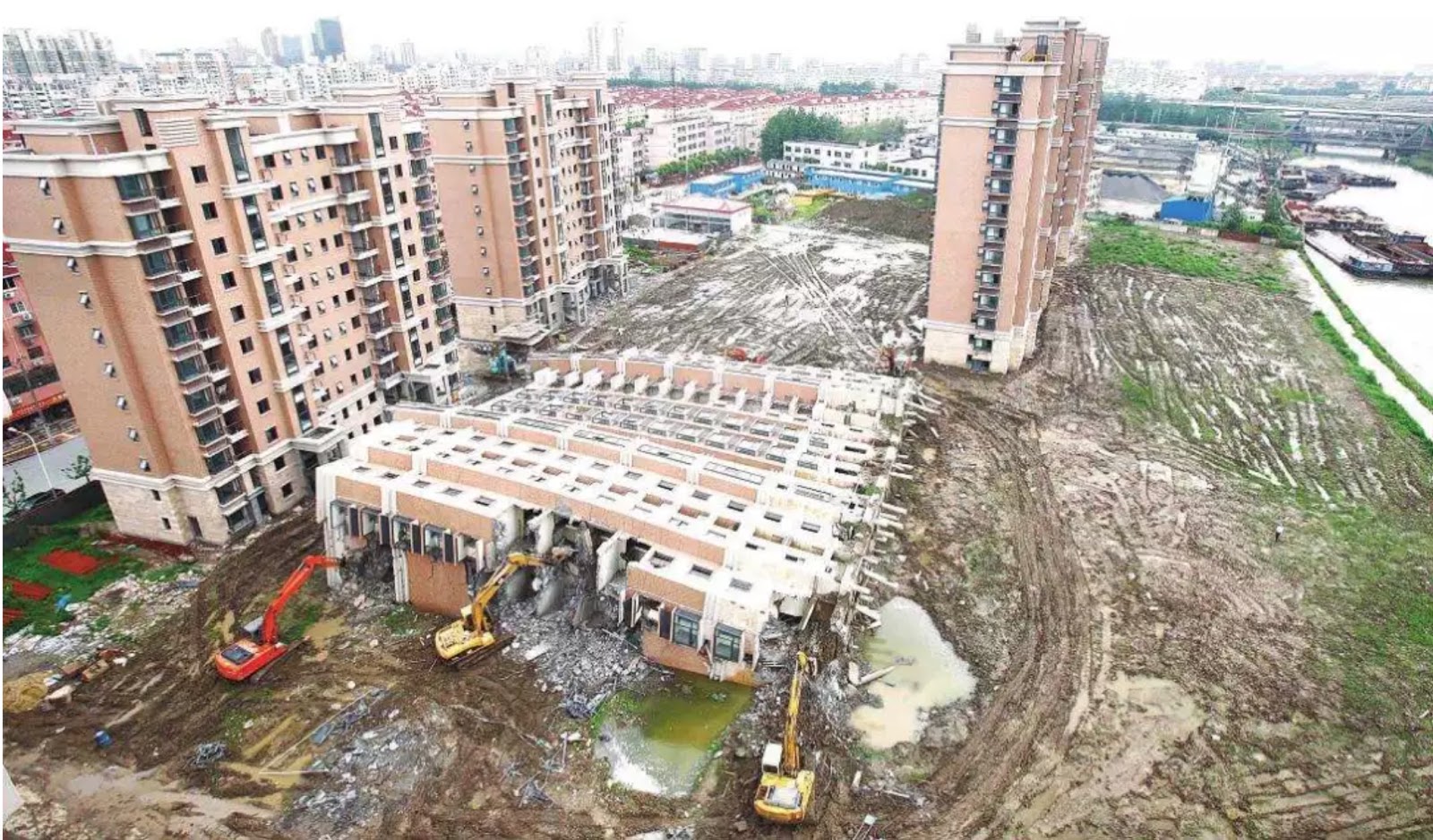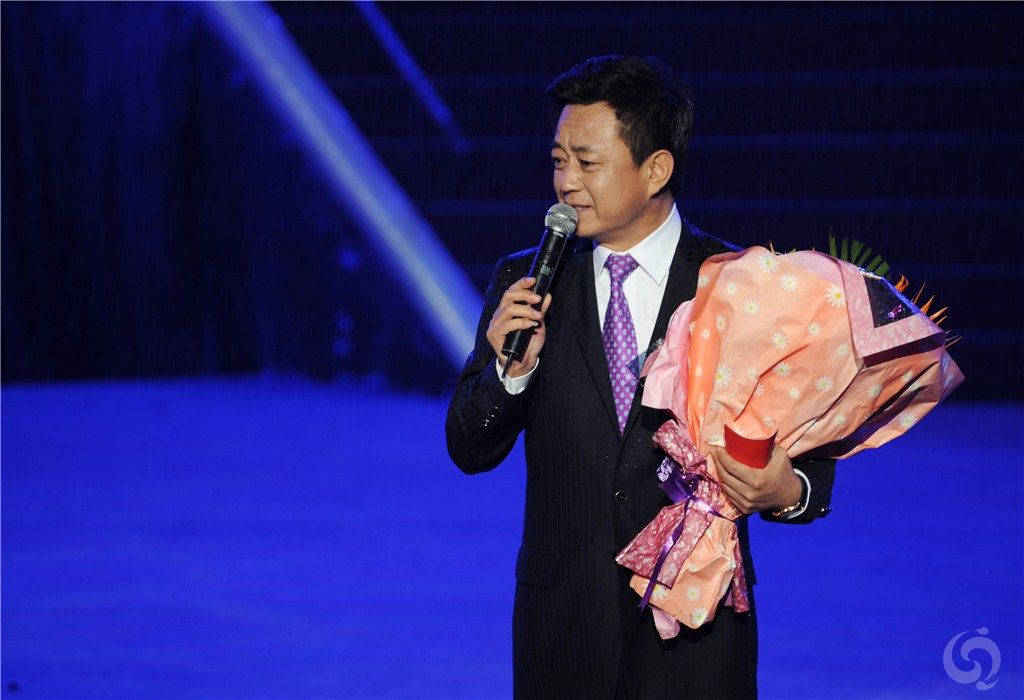Chinese Corner: Can we get some bad stories about male drivers, too?
Chinese Corner: Can we get some bad stories about male drivers, too?

Can we get some bad stories about male drivers, too?
女司机的妖魔化之路
The history of demonizing female drivers
By Hóu Hóngbīn 侯虹斌
October 29, 2018
Women are naturally bad at driving — this is the core message of a smear campaign against female drivers that has been going on in Chinese media for years. From 2016 to 2018, there were a staggering 1,395 news articles associating women with bad driving, whereas stories about bad male drivers were disproportionately under-reported with only 38 pieces.
The latest example is the coverage of a car-bus collision accident on October 28 in Chongqing, where a female driver was falsely accused by a handful of news outlets of driving on the wrong lane and causing a bus carrying 10 people to run off a bridge.
Sixth Tone notes that after police released investigation results that suggest the male bus driver was fully at fault, articles putting the female driver at the center were quickly taken down. But the damage has already been done. These reports perpetuate the public’s deeply seated stereotype of women as incompetent drivers, even though statistics suggest otherwise.
Needless to say, sexism plays a huge role here. But will Chinese news outlets ever reflect on this chauvinist rhetoric when reporting on car accidents involving female drivers? Will they ever stop using the term “female driver” in a way that suggests women are inherently weak human beings incapable of taking control of an automobile? Author Hóu Hóngbīn 侯虹斌 has a few things to say in this article.


China loves high-rise apartments, but are they sustainable?
你家的高层住宅,真的能住满70年吗?
Can you live up to 70 years in your high-rise apartment?
By Yáo Báiwǎn 姚白莞
October 26, 2018
Ten years ago, when a fire broke out on the 10th floor of a high-rise in Shanghai, it quickly spread throughout the giant complex that has more than 500 units. The fire at the 28-floor downtown building reportedly killed more than 50 people and injured at least 70 others, triggering a host of questions regarding fire safety of high-rises in China, where substandard materials are often used in constructions and automatic fire-sprinkler systems are not required in residential buildings.
However, the deadly incident and the subsequent discussions did not put a pause on the country’s skyscraper boom. As of 2017, China has about 347,000 mostly residential high-rises of more than 8 stories and up to 60 stories high, most of which, as author Yáo Báiguǎn 姚白莞 argues, are inadequately designed, badly constructed, and built primarily to meet the financial demands of local governments instead of relieve the pressure of population density.
To make things more complicated, in China, property management companies are highly unprofessional and corrupt. Meanwhile, when tenants form their own committees, collision of interests often occur as every member has their own agenda.


Li Yong was the most interesting man at CCTV
李咏去世:站在舞台上,动作可以不复杂,但舞姿一定要优美
Li Yong’s death: When on stage, movements can be simple, but style should be elegant
By Wáng Hóngliàng 王鸿谅
October 29, 2018
Former CCTV host Lǐ Yǒng 李咏 died on October 25 at the age of 50 after battling cancer for 17 months.
The news of Li’s death was met by profound sadness in China, where he became a household name in the 1990s after hosting several popular variety shows including “Lucky 52” and “Special 6+1.” Li was one of CCTV’s principal faces and a linchpin of its prime-time schedule prior to his departure from the broadcaster in 2013.
“He broadened the way CCTV talks to its audience and redefined how Chinese people perceive variety shows,” author Wáng Hóngliàng 王鸿谅 comments. “He will be greatly missed in the collective psyche of the nation.”
To learn about this charismatic figure on Chinese television, you can also read this in-depth interview with Li on GQ Reporting, in which he reflected on his career and family with incredible candidness: 李咏:除了主持人,我没想过我还会做什么 (“Li Yong: I don’t know what else to do except be a TV host”).


#MeToo: The two women against Zhu Jun
走进风暴的弦子麦烧
Xuanzi and Maishao walk into a storm
By Cháng Fāngfēi 常芳菲
November 2, 2018
In July, Xiánzǐ 弦子, a former intern at China Central Television (CCTV), came forward with sexual assault allegations against Zhū Jūn 朱军, a 54-year-old high-profile television host in China. About four months later, Xuanzi and her friend Màishāo 卖烧, who shared her story in a viral post on Weibo, are now teaming up in the face of a lawsuit filed by Zhu. He claims that the story is not true and the two women should take legal responsibility for spreading vicious rumors. In the meantime, they have been receiving constant harassing phone calls made by anonymous people, who threaten to attack their family members if they continue to defy the famous TV host.
In this article, journalist Cháng Fāngfēi 常芳菲 profiles the two women with deep empathy. “What does it mean for them to come forward? It means making enemies with a celebrity who is a synonym with ‘positive energy’ and the system of power dynamics behind him,” Chang wrote, adding that even their lawyer admitted that their chances of winning the case are extremely low. “But just as Maishao said on Weibo, sometimes we do things that we think are bound to fail. That’s because our current failure will help increase the likelihood of future success.”

Below are some other articles that caught my attention this week:
- 中国股民往事 A history of China’s stock market
The first generation of local retail investors are on their way out, but gripping tales of some legends are worth telling. - 中国臭菜地图 The smelliest foods in China
- 中国哪里人上三甲医院最容易 Which city in China has the easiest access to best hospitals?
- 味精是如何在中国失宠的? How MSG lost its appeal in China>
The Chinese market for MSG has been significantly shrinking and the country is looking for a substitute that is “natural” and “organic.” - 成为主播两年后,她对异性只剩厌恶 Two years after becoming a livestreamer, she started to hate men






